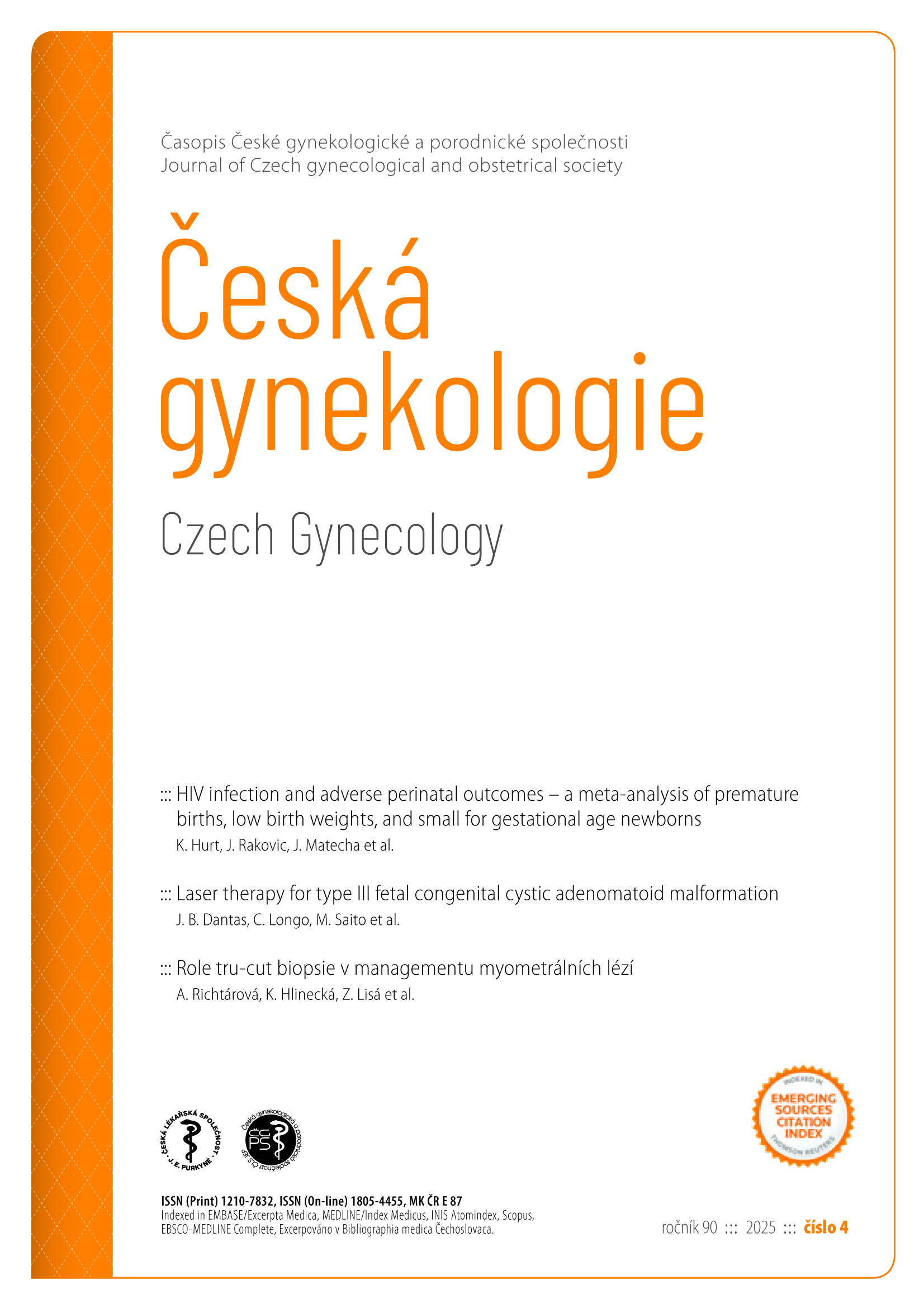Accuracy of a modified CMT+ for assessing pelvic floor muscle contraction in pregnancy
Keywords:
pelvic floor, co-activation, transabdominal ultrasound, pelvic floor muscle, CMTAbstract
Objective: The ability to locate pelvic floor muscles (PFM) is essential for the effectiveness of pelvic floor muscle training programs. The aim of this study was to investigate the accuracy of a modified coccygeal movement test that incorporates an objective assessment of abdominal muscle co-activation (CMT+) (Index test) compared to transabdominal ultrasound (TAU) scanning (Gold standard) in diagnosing accurate PFM contraction. Methods: Pregnant women attending the hospital for a routine in the middle 2nd trimester scan who are able to understand the study rationale and information were considered eligible for inclusion. TAUs were performed by one out of two trained operators. CMT+ was performed by an experienced physiotherapist. The CMT+ assessor and participants were blind to the TAU result. Results: A total of 117 participants were recruited into the study with a mean BMI of 30.86 kg/m² (4.5) and 23.16 kg/m² (3.7), resp. CMT+ (Index test) correctly identified 5 out of the 9 participants who were not able to contract and 107 out of the 108 who were able to contract their PFM resp. (sensitivity = 55.6%, specificity = 99.1%, positive predictive value = 83.3% and negative predictive value = 96.4%; LR+ = 60 and LR– = 0.45). Conclusion: CMT+ is an easy to perform test with high specificity and negative predictive value that has the additional benefit of assessing any concomitant abdominal muscle co-activation. Therefore, CMT+ is a potentially useful initial screening test to identify those who cannot perform a correct pelvic floor muscle contraction, and would benefit from specialized assessment and structured training.


